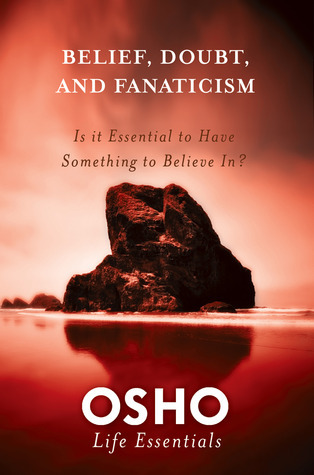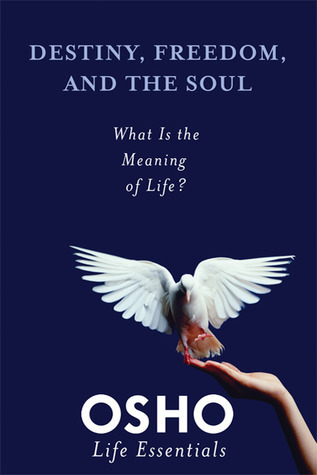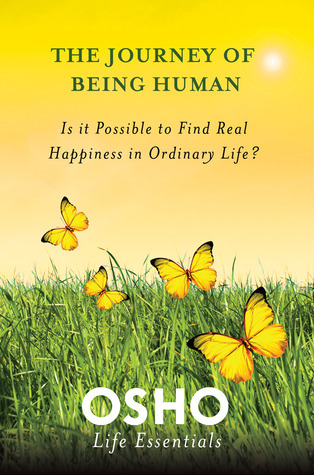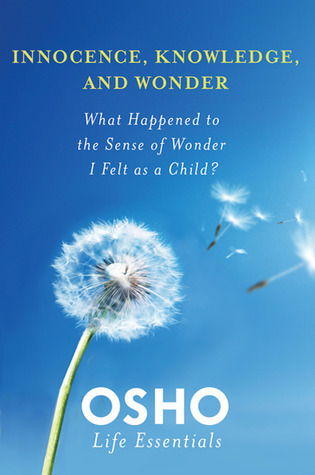
Belief, Doubt, and Fanaticism: Is It Essential to Have Something to Believe In?
Book Description
What if the very core of your existence hinged on what you believe? In 'Belief, Doubt, and Fanaticism,' Osho explores the tumultuous terrain of faith and skepticism, unraveling how conviction can ignite passion or incite chaos. He probes the depths of human emotions, revealing the delicate line between empowerment and obsession. As the world divides into fervent believers and skeptical dissenters, this thought-provoking journey challenges preconceived notions of truth and meaning. What happens when steadfast belief morphs into destructive fanaticism? Engage in this relentless quest for understanding and confront the reality: is it essential to have something to believe in?
Quick Book Summary
"Belief, Doubt, and Fanaticism" by Osho dives into how beliefs shape individual lives and broader societies. Osho argues that beliefs are not inherently virtuous or harmful; their impact relies on one’s awareness and openness to doubt. By examining the origins and consequences of conviction, he urges readers to move beyond blind faith and unexamined skepticism, promoting inquiry, awareness, and personal truth. The book warns against fanaticism—when beliefs harden into dogma and inspire intolerance. Osho's exploration reveals that the quest for certainty often leads to division and violence, while healthy doubt can foster growth and understanding. He challenges readers to replace rigid beliefs with direct experience, presence, and a fluid approach to truth, presenting spiritual awakening as the alternative to collective or inherited dogmas.
Summary of Key Ideas
Table of Contents
The Nature and Origins of Belief
Osho begins by analyzing why humans cling to beliefs—whether religious, political, or existential. He contends that beliefs offer comfort and certainty in a world full of ambiguity. Throughout history, societies have leaned on collective beliefs for cohesion and identity, yet this reliance can become a crutch, preventing true exploration. Osho distinguishes between belief (an adopted, secondhand attitude) and faith (a direct, living experience of reality), suggesting that inherited convictions can obscure authentic understanding.
The Role of Doubt in Growth
Doubt plays a crucial role in Osho’s examination. He frames doubt not as a weakness but as a vital engine for growth and self-inquiry. Doubt compels individuals to question, observe, and seek deeper truths, preventing the mind from settling into complacency. Osho discusses how societies often marginalize doubters, equating skepticism with disloyalty. However, he argues that healthy doubt is a prerequisite for genuine discovery and for moving beyond superficial or dogmatic answers.
Dangers of Fanaticism
One of the book’s central warnings is the danger of fanaticism. Osho defines fanaticism as the transformation of belief into rigid, exclusive dogma. When beliefs become absolute, they close the mind to alternative perspectives and fuel conflict—leading to violence, hatred, or oppression. Osho details how fanaticism arises from psychological insecurity, as individuals cling to inflexible viewpoints to uphold their sense of self and certainty in a chaotic world.
Replacing Belief with Experience
Rather than advocating for disbelief or nihilism, Osho suggests replacing static belief systems with direct, personal experience. He encourages readers to engage with reality as it unfolds, using meditation and awareness as paths to authentic knowing. This process means confronting uncertainty and learning to live with open-ended questions. According to Osho, living fully requires presence and receptivity, not ready-made answers handed down from authority or tradition.
Towards Personal and Spiritual Freedom
Ultimately, the book argues that spiritual and personal freedom arise from this journey beyond belief. Osho posits that true understanding is non-dogmatic and individual; freedom is found not in collective creeds, but in a living, experiential relationship to existence. By cultivating awareness and abandoning the compulsion to ‘believe’ at all costs, one can glimpse a deeper truth unbound by language, ideology, or fanaticism. The result is a life anchored in clarity, acceptance, and compassion towards oneself and others.
Download This Summary
Get a free PDF of this summary instantly — no email required.





